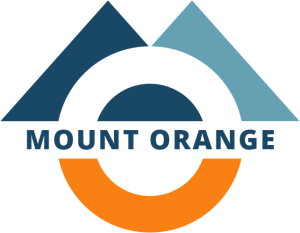Linguistic Library (Mike Green)
Услови за завршување
Прелистај го речникот, користејќи го притоа овој индекс
Специјално | А | Б | В | Г | Д | Ѓ | Е | Ж | З | Ѕ | И | Ј | К | Л | Љ | М | Н | Њ | О | П | Р | С | Т | Ќ | У | Ф | Х | Ц | Ч | Џ | Ш | Сите
I |
|---|
Idiolecta variety of language used by a particular individual - in effect, a one person dialect. | |
IdiomIdiomatic language refers to many words or phrases that are a familiar and everyday feature of our language. Idioms are a part of the comfortable, conversational style of language we use daily - but to a foreigner, idioms are difficult to understand because their meaning is very different from the literal meaning of the words that make them up, e.g. 'He wants his pound of flesh.' 'You scratch my back, I'll scratch yours''He's a pain in the neck!', etc. Each of these are idioms - or idiomatic phrases. | |
ImperativeA command sentence which uses the second person plural form of a verb but misses out the subject pronoun 'you'. It gives orders, e.g. Leave now! Sit down. | |
InfinitiveA form of a verb without tense and often introduced by 'to' infinitive forms can replace noun phrases as subject or object of a verb, e.g.
| |
InflectionThe way words can change their form to show, for example, that they are singular or plural (e.g. table becomes tables) and to indicate tense (e.g. change becomes changes/ changed/ changing) or possession (The cat's whiskers). | ||
InterjectionA word class that is used to show emotion, e.g. 'Ouch!', 'Hey!' | |
IntransitiveA verb is called intransitive when no action transfers from their subject to an object, e.g.
A transitive verb takes an object - the thing that takes its action, | |
IronyIrony is the name given to the effect of meaning created when one thing is said or written but another - sometimes opposite - thing is meant. In speech this effect is created by tone of voice in writing by carefully chosen lexis. The study of such meaning falls within the area known as pragmatics. | ||
